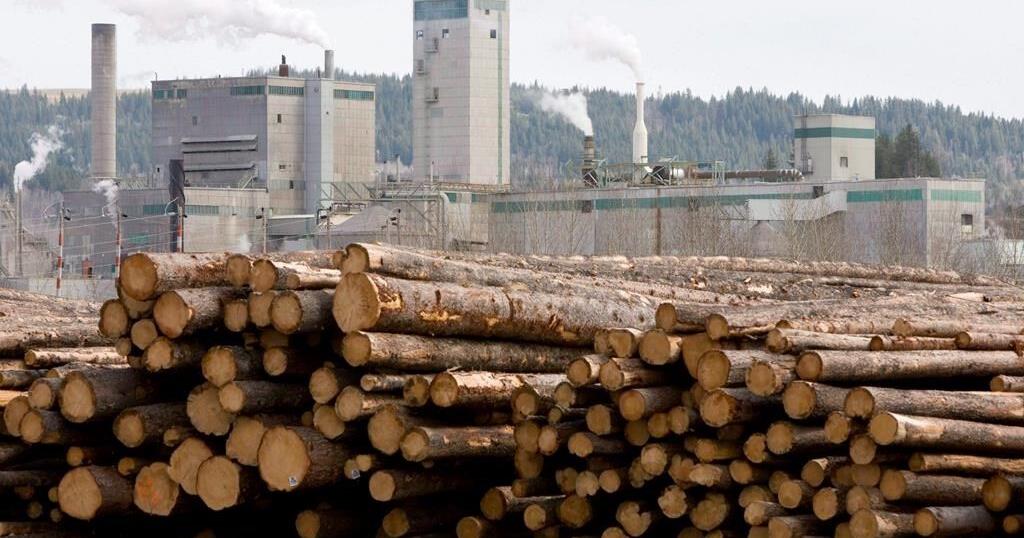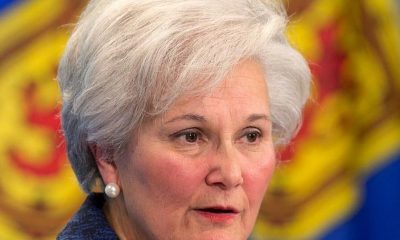President Joe Biden’s decision to stand alongside United Auto Workers pickets on Tuesday on the 12th day of their strike against major carmakers underscores an allegiance to labor unions that appears to be unparalleled in presidential history.
Experts in presidential and U.S. labor history say they cannot recall an instance when a sitting president has joined an ongoing strike, even during the tenures of the more ardent pro-union presidents such as Franklin Delano Roosevelt and Harry Truman. Theodore Roosevelt invited labor leaders alongside mine operators to the White House amid a historic coal strike in 1902, a decision that was seen at the time as a rare embrace of unions as Roosevelt tried to resolve the dispute.
Lawmakers often appear at strikes to show solidarity with unions, and during his 2020 Democratic primary campaign, Biden and other presidential hopefuls joined a picket line of hundreds of casino workers in Las Vegas who were pushing for a contract with The Palms Casino Resort.
But sitting presidents, who have to balance the rights of workers with disruptions to the economy, supply chains and other facets of everyday life, have long wanted to stay out of the strike fray — until Biden.
“This is absolutely unprecedented. No president has ever walked a picket line before,” said Erik Loomis, a professor at the University of Rhode Island and an expert on U.S. labor history. Presidents historically “avoided direct participation in strikes. They saw themselves more as mediators. They did not see it as their place to directly intervene in a strike or in labor action.”
Biden’s trip to join a picket line in the suburbs of Detroit is the most significant demonstration of his pro-union bona fides, a record that includes vocal support for unionization efforts at Amazon.com facilities and executive actions that promoted worker organizing. He also earned a joint endorsement of the major unions earlier this year and has avoided southern California for high-dollar fundraisers amid the writers’ and actors’ strikes in Hollywood.
During the ongoing UAW strike, Biden has argued that the auto companies have not yet gone far enough to satisfy the union, although White House officials have repeatedly declined to say whether the president endorses specific UAW demands such as a 40% hike in wages and full-time pay for a 32-hour work week.
“I think the UAW gave up an incredible amount back when the automobile industry was going under. They gave everything from their pensions on, and they saved the automobile industry,” Biden said Monday from the White House. He stressed that the workers should benefit from the carmakers’ riches “now that the industry is roaring back.”
Biden and other Democrats are more aggressively touting the president’s pro-labor credentials at a time when former President Donald Trump is trying to chip away at union support in critical swing states where the constituency remains influential, including Michigan and Pennsylvania. Biden is also leaning in on his union support at a time when labor enjoys broad support from the public, with 67% of Americans approving of labor unions in an August Gallup poll.
Instead of participating in the second Republican primary debate on Wednesday, Trump will head to Michigan to meet with striking autoworkers, seeking to capitalize on discontent over the state of the economy and anger over the Biden administration’s push for more electric vehicles — a key component of its clean-energy agenda.
“If it wasn’t for President Trump, Joe Biden would be giving autoworkers the East Palestine treatment and saying that his schedule was too busy,” said Trump campaign adviser Jason Miller, referring to the small Ohio town that is still grappling with the aftermath of a February train derailment. Biden said he would visit the community but so far has not.
White House officials dismissed the notion that Trump forced their hand and noted that Biden was headed to Michigan at the request of UAW President Shawn Fain, who last week invited the sitting president to join the strikers.
“He is pro-UAW, he is pro-workers, that is this president,” White House press secretary Karine Jean-Pierre said Monday. “He stands by union workers, and he is going to stand with the men and women of the UAW.”
Yet the UAW strike, which expanded into 20 states last week, remains a dilemma for the Biden administration since a part of the workers’ grievances include concerns about a broader transition to electric vehicles. The shift away from gas-powered vehicles has worried some autoworkers because electric versions require fewer people to manufacture and there is no guarantee that factories that produce them will be unionized.
Carolyn Nippa, who was walking the picket line Monday at the GM parts warehouse in Van Buren Township, Michigan, was ambivalent about the president’s advocacy for electric vehicles, even as she said Biden was a better president than Trump for workers. She said it was “great that we have a president who wants to support local unions and the working class.”
“I know it’s the future. It’s the future of the car industry,” Nippa said. “I’m hoping it doesn’t affect our jobs.”
Still, other pickets remained more skeptical about Biden’s visit Tuesday.
Dave Ellis, who stocks parts at the distribution center, said he’s happy Biden wants to show people he’s behind the middle class. But he said the visit is just about getting more votes.
“I don’t necessarily believe that it’s really about us,” said Ellis, who argued that Trump would be a better president for the middle class than Biden because Trump is a businessman.
The Biden administration has no formal role in the negotiations, and the White House pulled back a decision from the president earlier this month to send two key deputies to Michigan after determining it would be more productive for the advisers, Gene Sperling and acting Labor Secretary Julie Su, to monitor talks from Washington.

Source link
Related
























